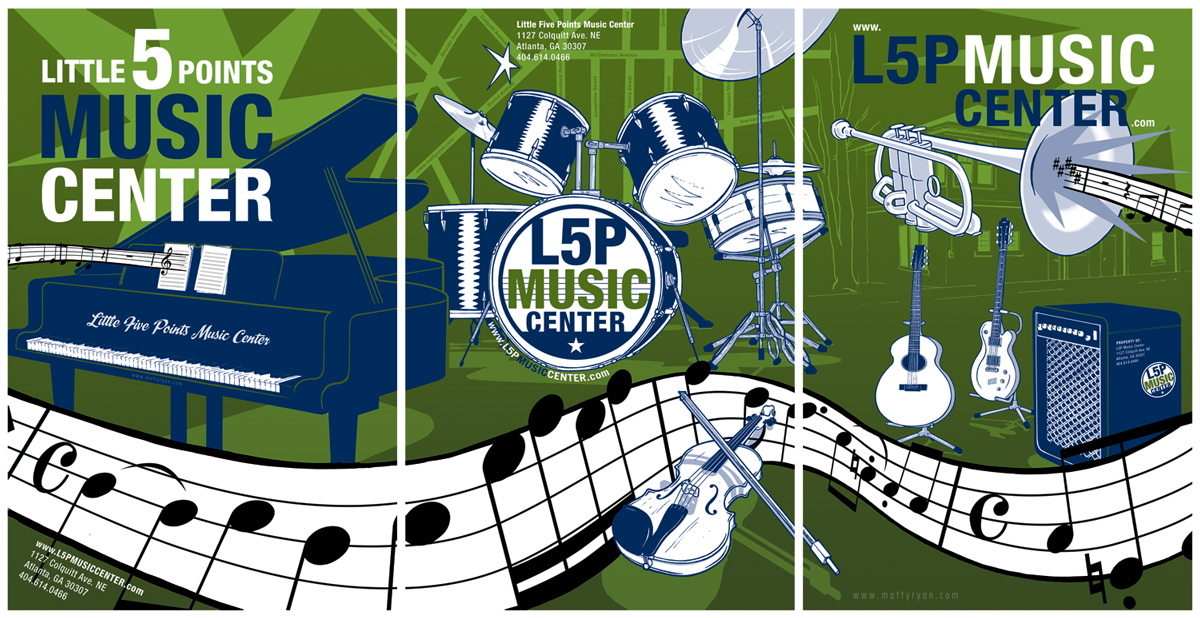- HomeWelcome
-
InformationFaculty, Programs, Locations
- Elementary School Programs
- Middle School Programs
- High School Programs
- Adult Programs
- Programs
- Administration & Faculty
- Locations
-
Register
- Register for Lessons Core Program
- Register for AMPAfterschool Music Program
- Day Camp: Winter, Spring, Summer Breakfor grades K-5
- Summer Performance Workshopgrades 6-8, 9-12+
- Register for GAPGap Year and Apprenticeship Program
- ATL Mass Brass Workshop Summer 2019
- Atlanta Music High Registration
- Strings Now Workshop
- Resourcesfor Current Students
- Contact Us

Online Learning (2)
For those students and parents working on learning to read music, we follow a process that develops literacy in a series of steps:
- Learn sight identification of notes on the staff
- Learn to read and immediately recognize intervals, basic chords and scales
- Learn to read and immediately recognize more advanced chords and chord patterns and progressions
- Learn to read and recognize musical phrases and sections of musical compositions
These steps have parallels in language reading comprehension. Think of reading notes on the staff as a skill like recognizing letters and their associated phonics. For musicians, recognizing intervals, chords and scales is very much like recognizing sight words in written language. Recognizing chord patterns and reading musical phrases functions like reading sentences in language, where there is an awareness of likely possibilities or familiar patterns in a style, era or in a particular set of works and your familiarity with grammar, quick recognition of sight words and ability to parse the prose into quickly understood segments, lets you zip along in full grasp of meaning. Of course, there are specialists in the field of language and music reading and cognition who might quibble with details of our analogy, but we've found the framing of what's at hand for students and parents learning to read musicalong these lines helps everyone understand the steps and promotes progress.
A couple of very basic tools are used in accomplishing the first few steps of learning to read. Flash card style drills, whether on paper, online or through an app, are a time honored approach to nailing down the critical fundamentals. We've posted some of the old school paper exercises we use with children. We call them Mad Minutes. Feel free to download, print, and self correct. If you want to send them back to us, you can share completed exercises with your teacher when you have your online lesson or you can send them back to the CMC Theory Gods, and we will grade them over for you.
We can also direct you to a couple of useful online tools or apps if you prefer to use a computer, pad or phone. Two very straight forward web sites with exercises for note reading, interval and chord reading are musictheory.net and teoria.com. These are straight forward flash card style exercises that are customizable. If you spend just a small bit of money, you can set up an account or download the app, save your settings and track progress. We recommend taking a very close look at the settings before starting exercises. For example, if you are working on note reading, you can set limits very tight at the outset and then gradually expand the boundaries as the student shows mastery. We often start beginners with the settingon treble clef in a very narrow range of 3 to 5 notes. When the student has shown both speed and accuracy, we broaden the range to an octive, or eight notes. Again, when mastery is evident, we open the range even further. Then we do the same with the bass clef, which we follow up with the full grand staff.
If you have questions about the Mad Minutes or the apps, please feel free to contact us via This email address is being protected from spambots. You need JavaScript enabled to view it.
During the COVID-19 shutdowns, we've migrated activities from our facilities to the web, and we're posting our learning and training tools in a more public space so students and patrents can access them Oor goal is for current and new students to benefit from ongoing interaction with our faculty and one another during this period of social isolation. Social isolation does not equal musical isolation. We're getting started with some basics, but every day we'll be adding more information, lesson plans, links to useful resources and more. We'll also connect you with the faculty you know and love, which will bring welcome normalcy to somewhat
CMC Programs Sorted by Age
we're celebrating 18 years
Since 2007
A Note from the Founders & Directors
Welcome to Community Music Centers of Atlanta
CMC Atlanta is a music education company founded in 2007 as the L5P Music Center. In the nearly 20 years since our founding, we've grown from offering music lessons at a single site to a network of local community music schools (Decatur, Dunwoody, Inman Park, Little 5 Points and Brookhaven) that offers an array of innovative, but historically-informed music education programs to students of all ages and skill levels. Working in collaboration with Capstone Academy, an accredited private school, we also created a high school conservatory program, Atlanta Music High School, which opened in August 2017.
Read more...